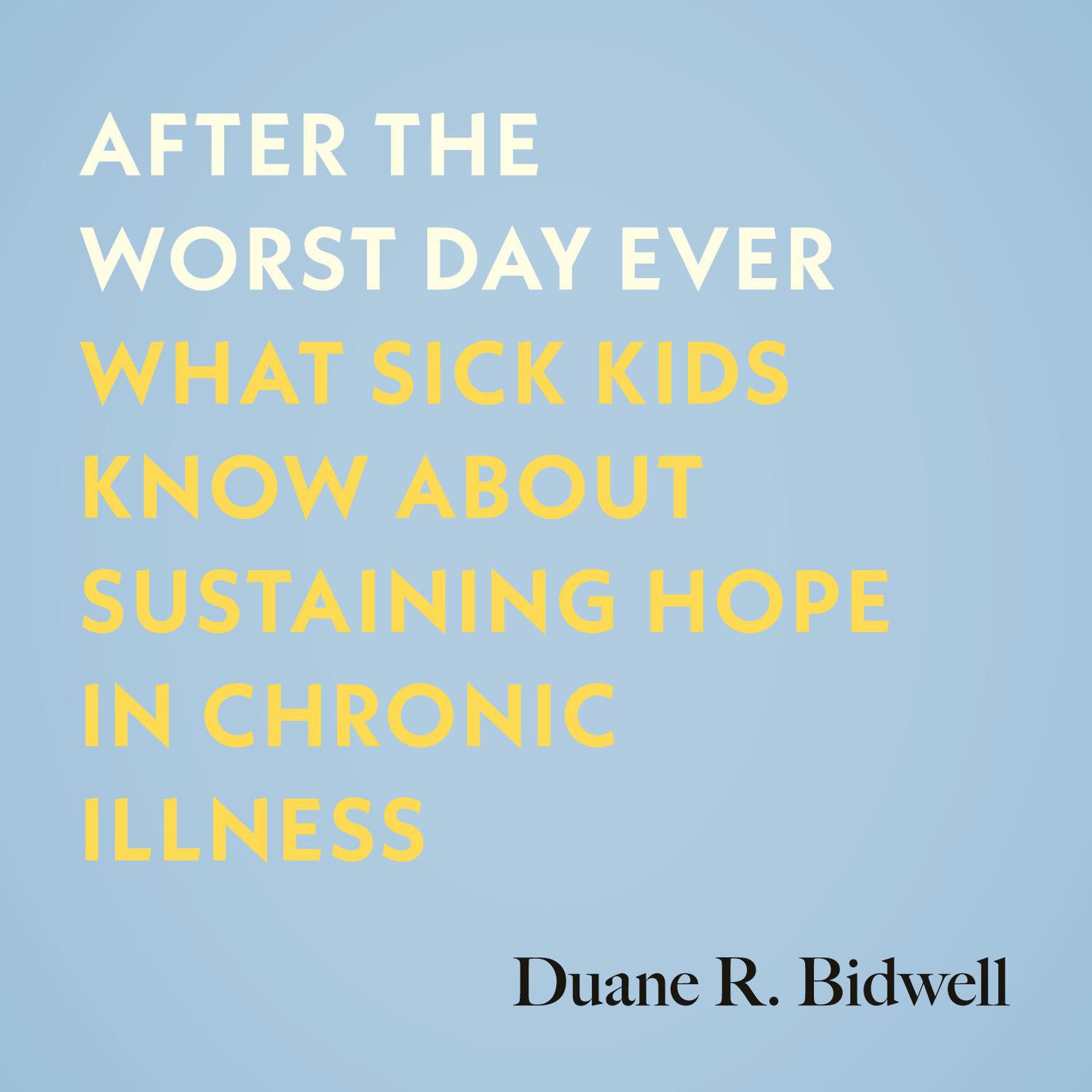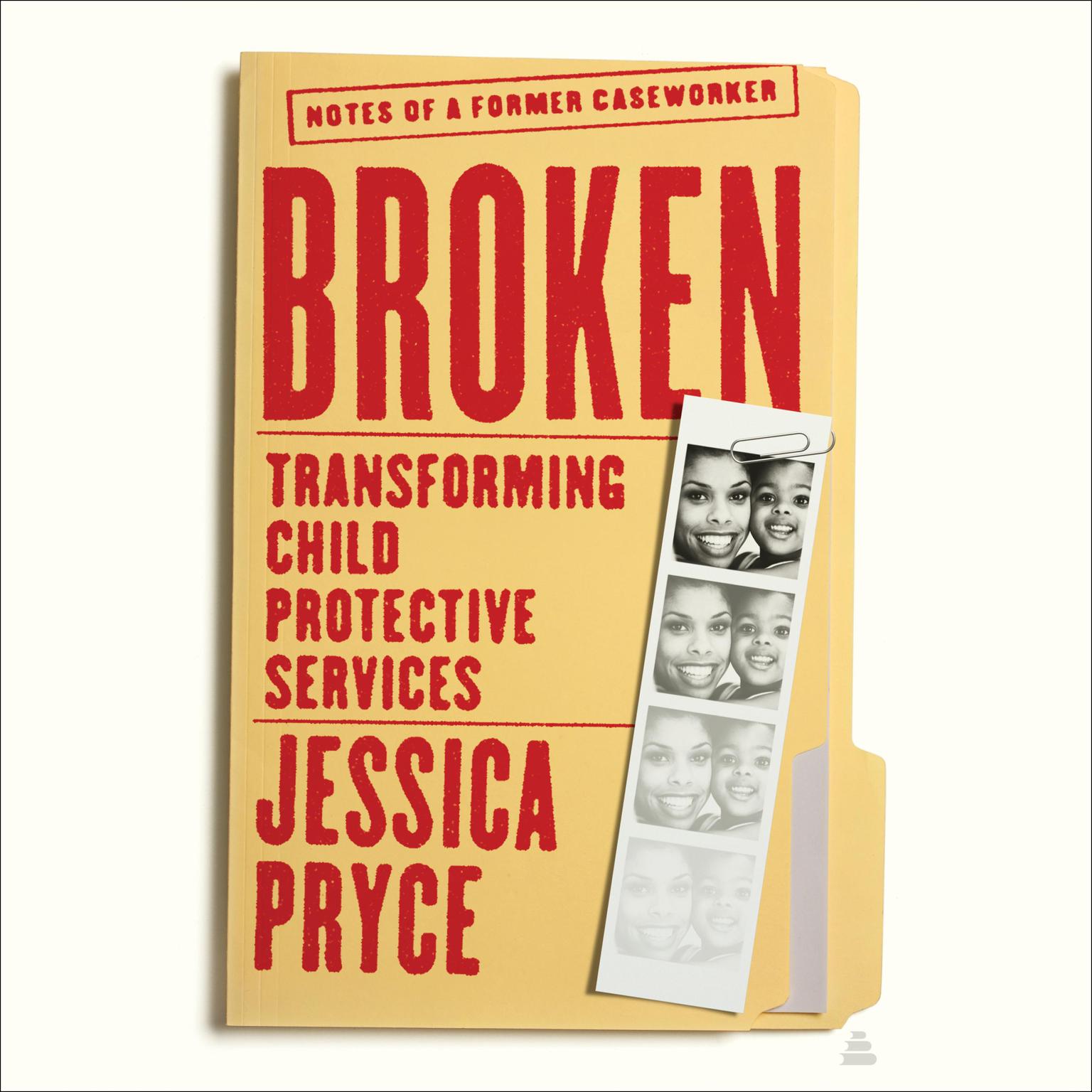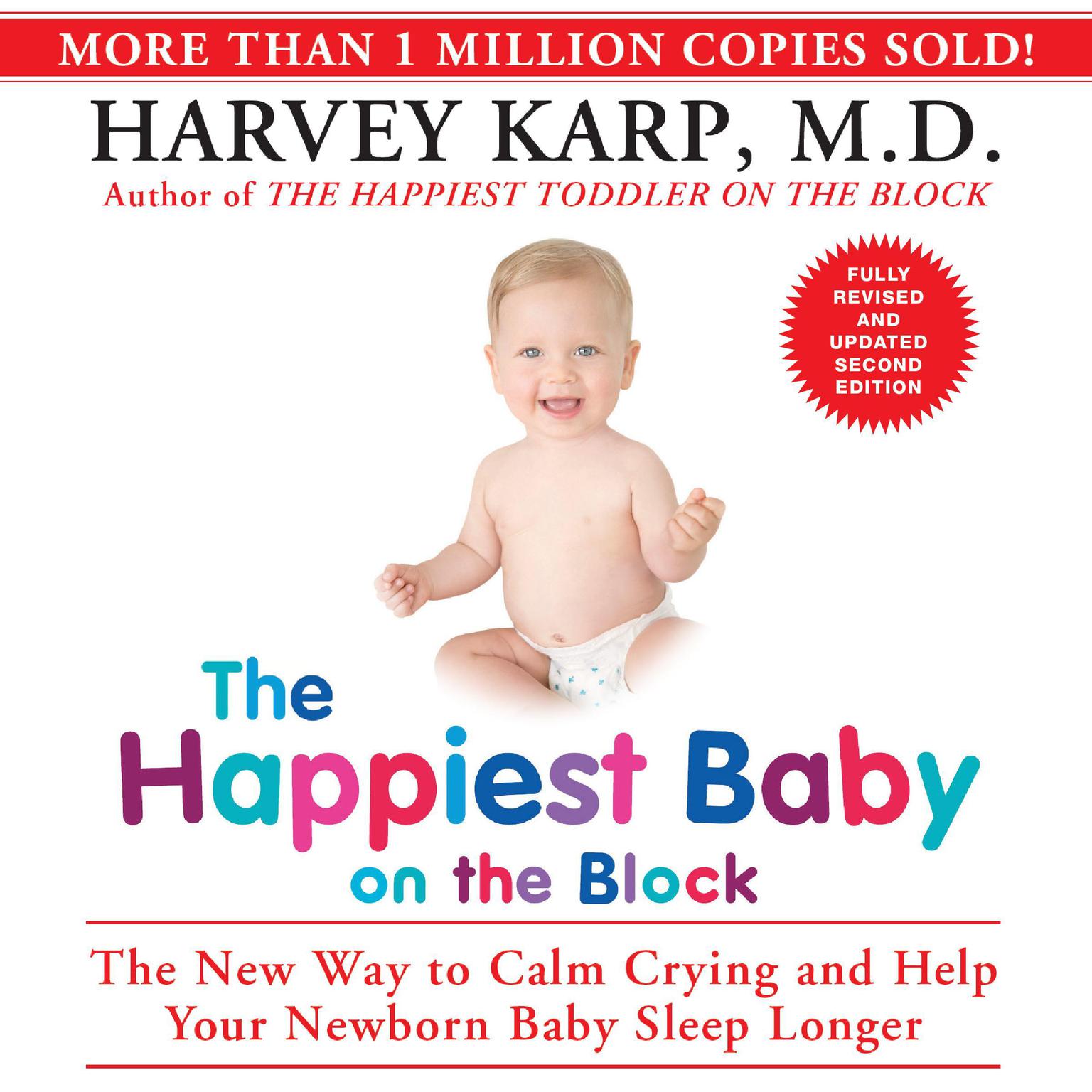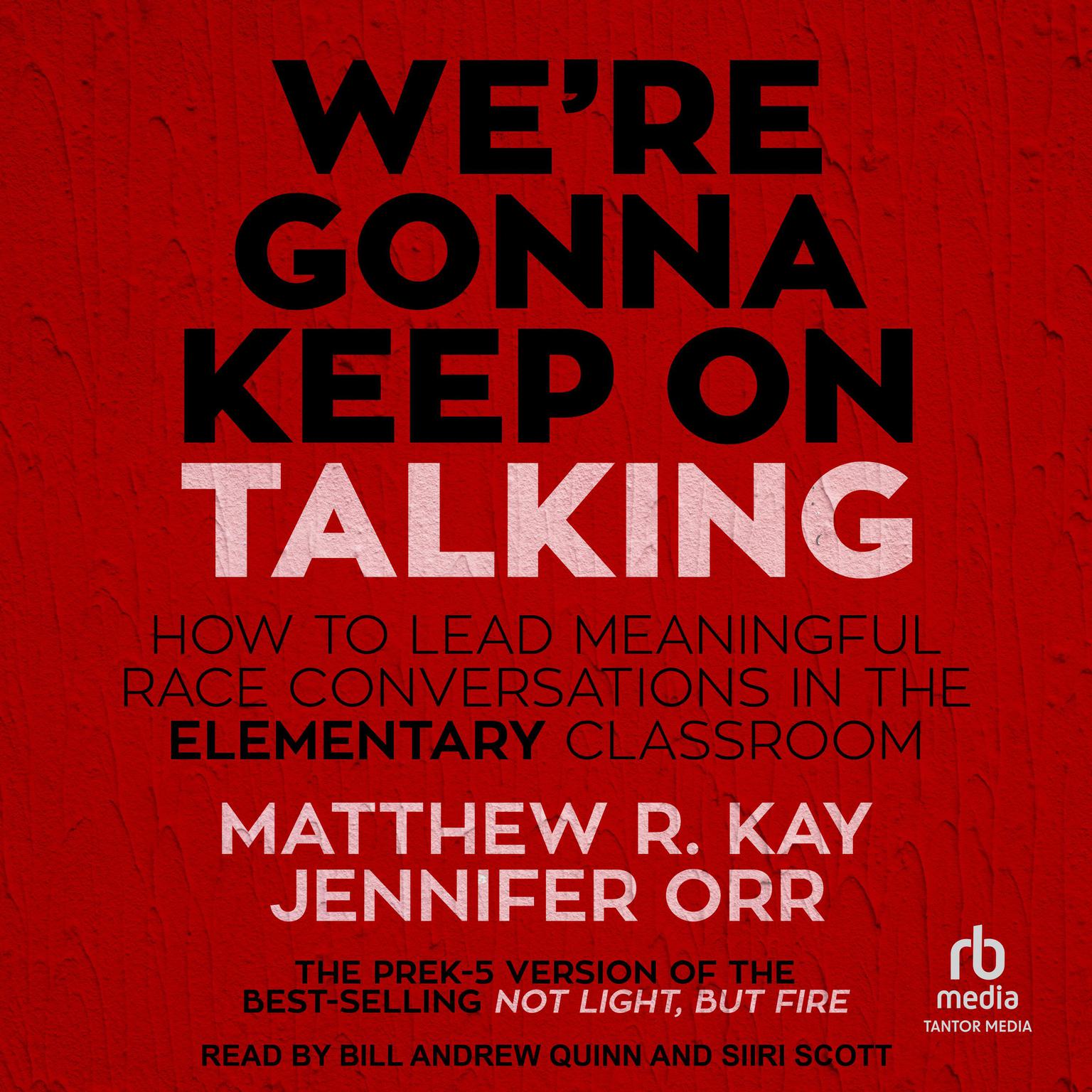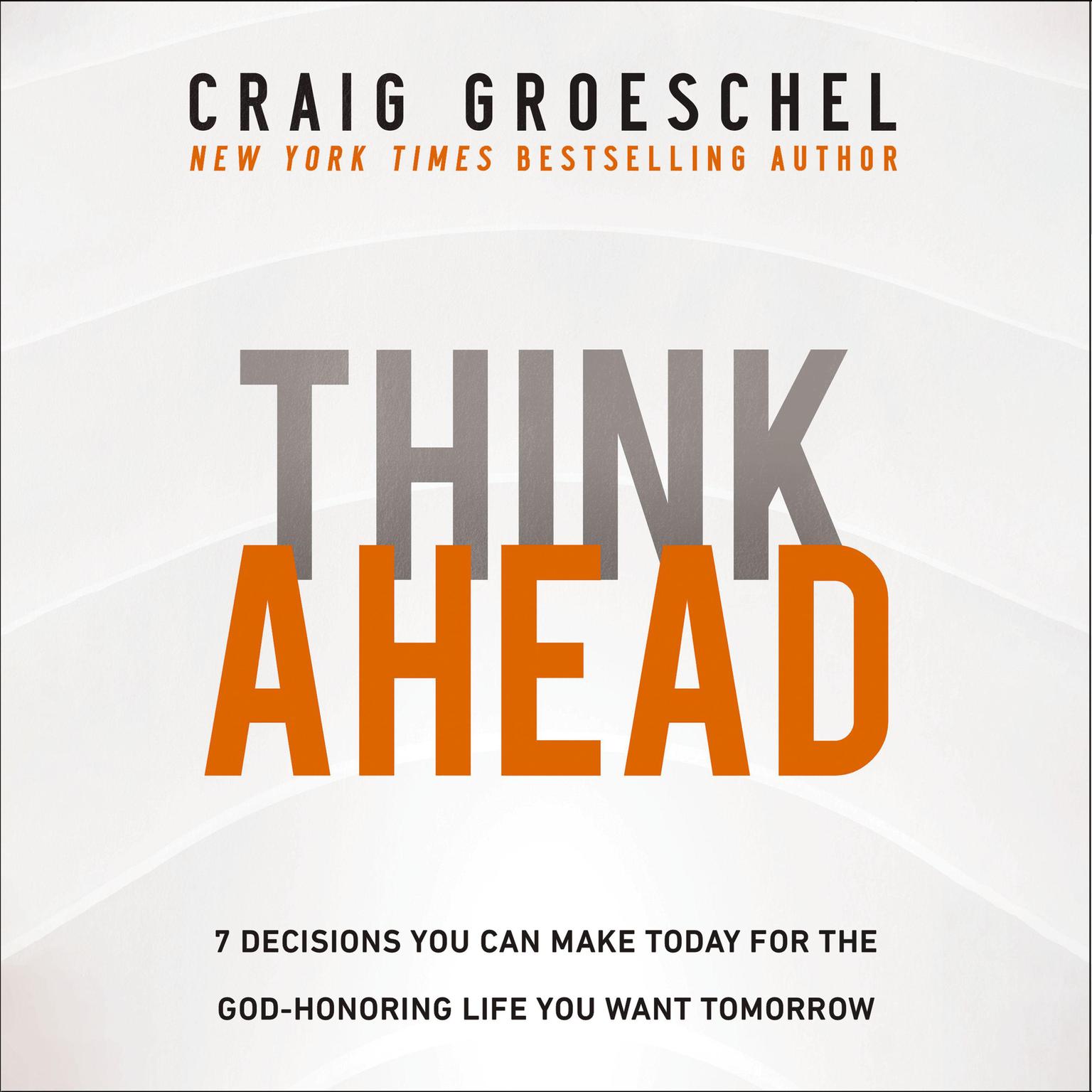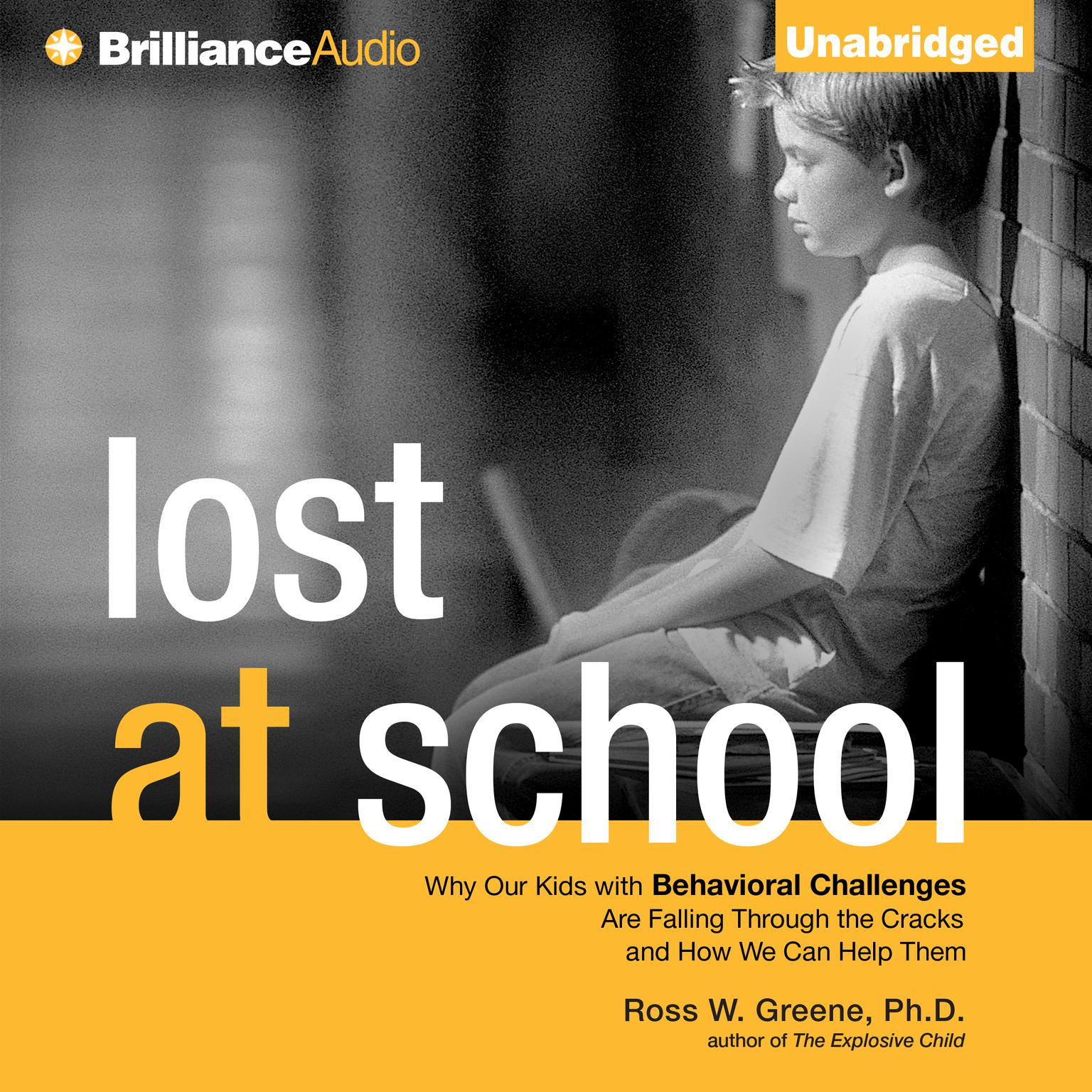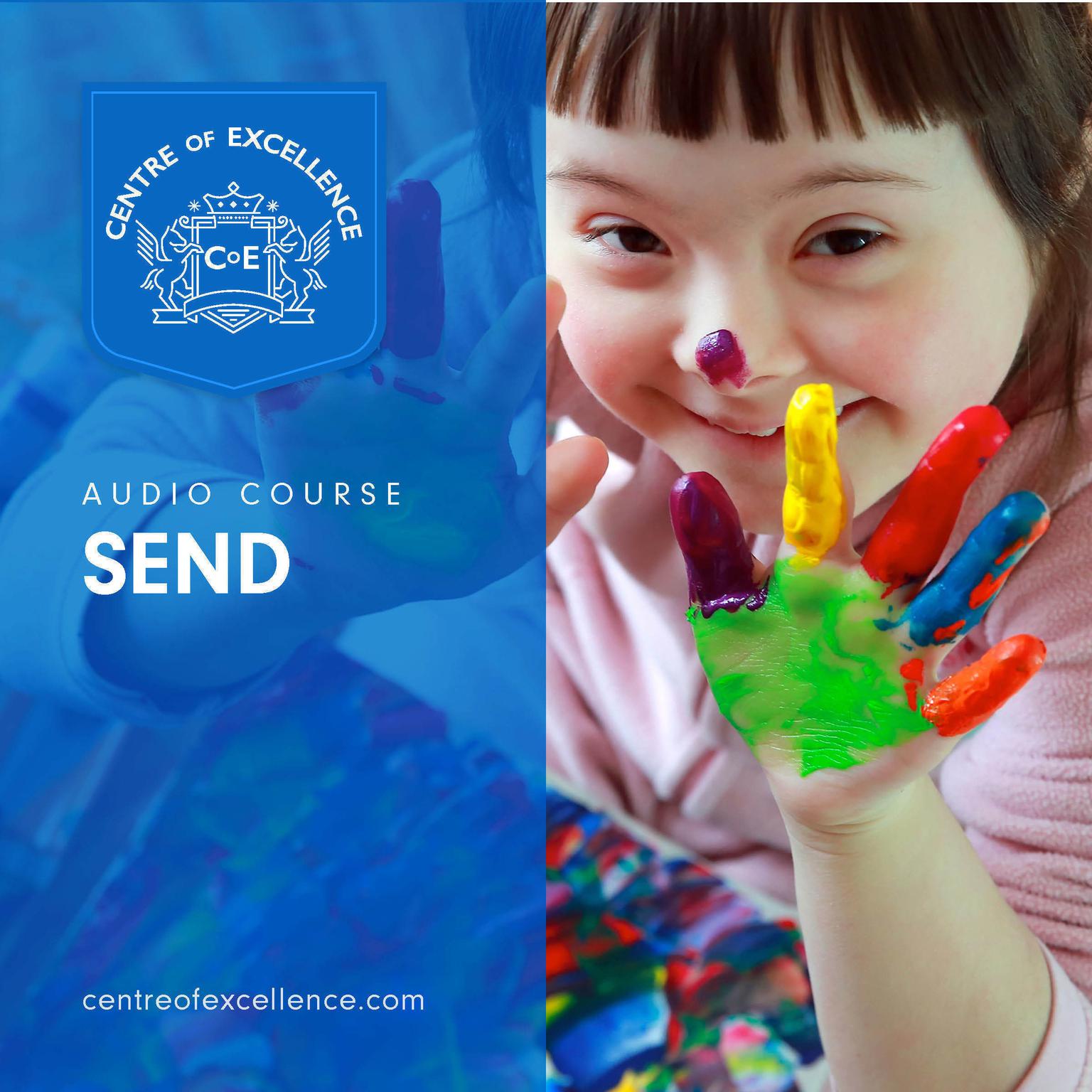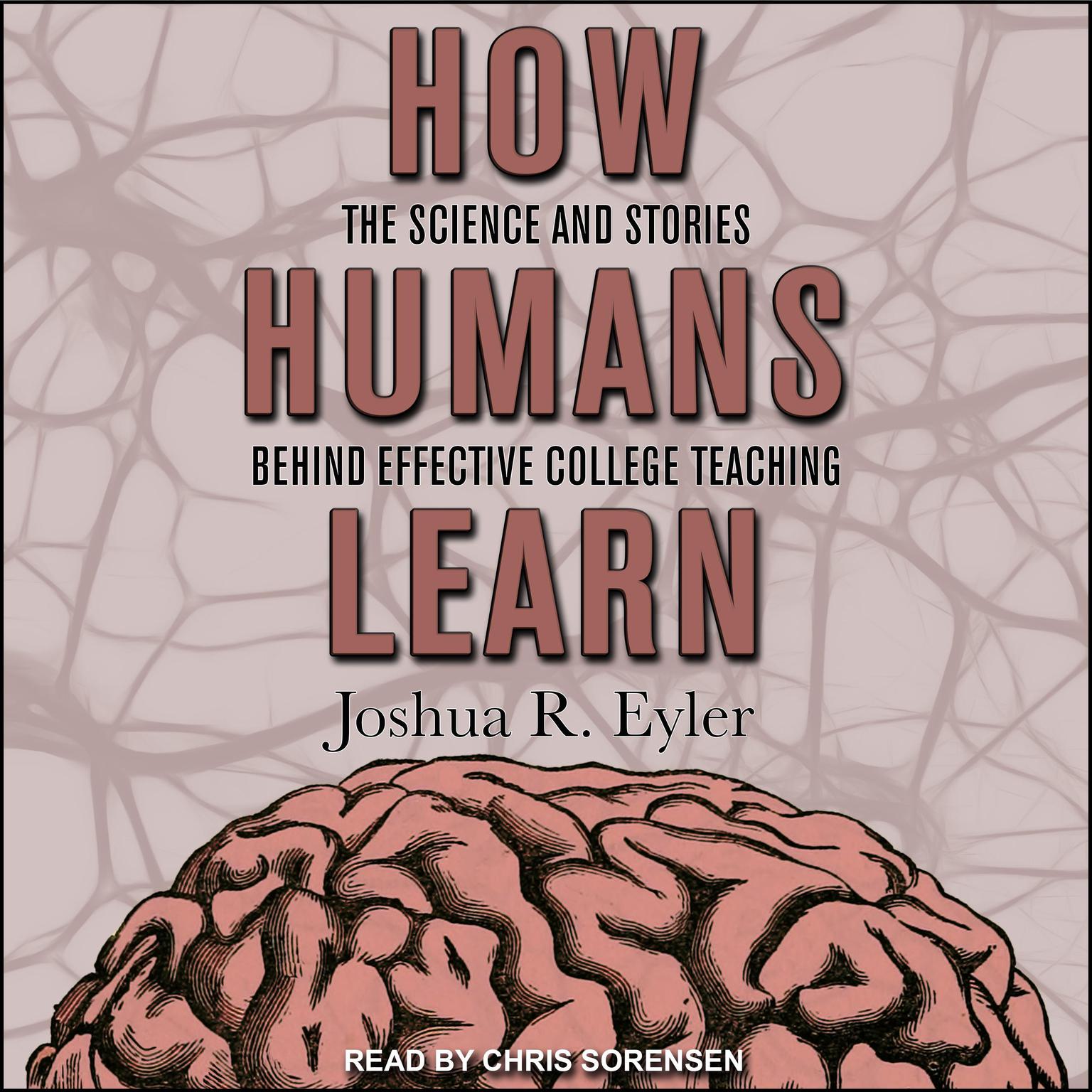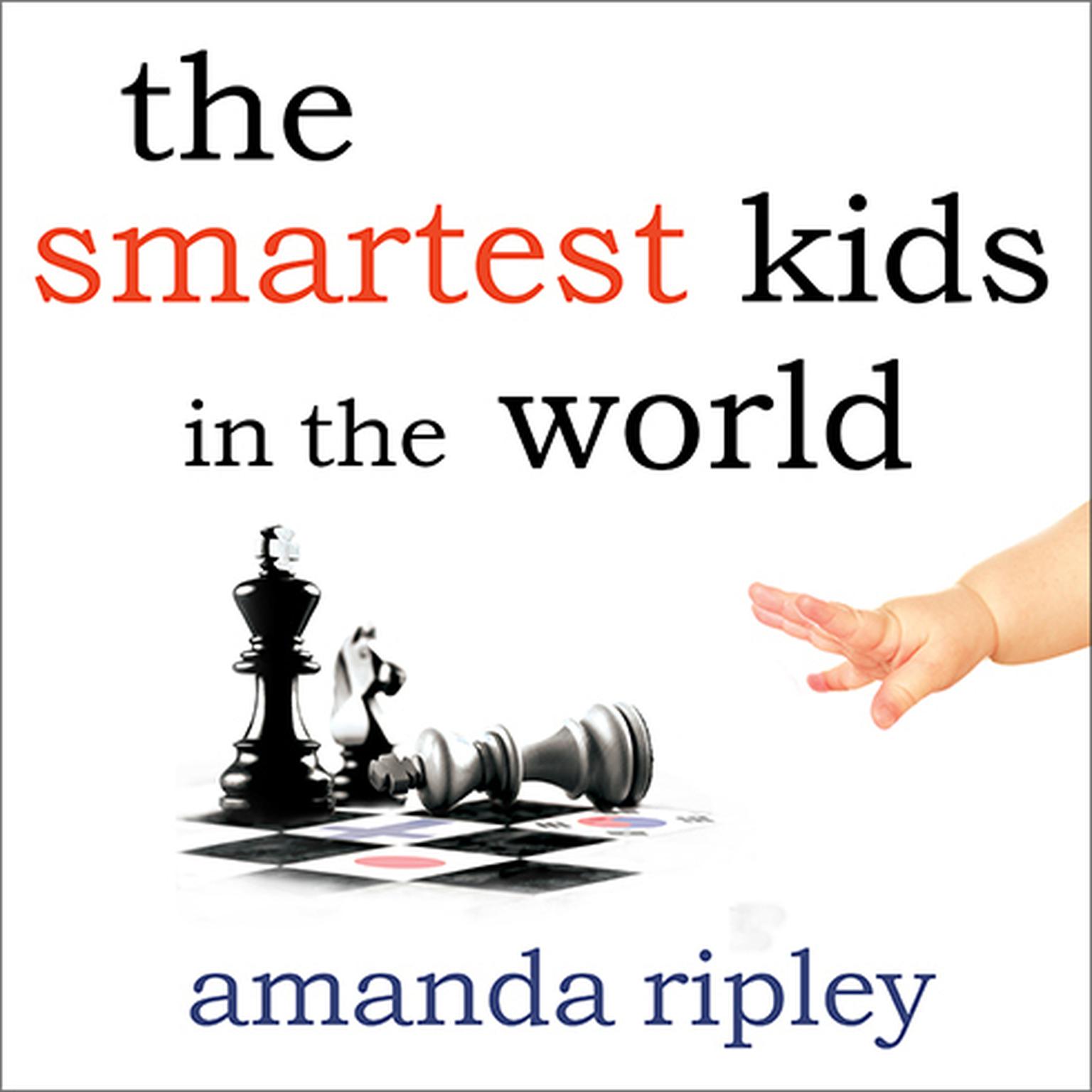Publisher Description
For those who care for chronically ill children, a new understanding of hope that equips adults to better nurture pediatric hope among sick kids—articulated by the children themselves
As anyone with a chronic illness knows, hope can sometimes be hard to come by. For parents and caregivers of children with serious illness, there can be a real struggle to move beyond one’s own grief, fear, and suffering to see what hope means for these kids.
Duane Bidwell, a scholar, minister, and former hospital chaplain who has struggled with serious illness himself, spent time with 48 chronically ill children in dialysis units and transplant clinics around the United States. Chronically ill kids, he found, don’t adhere to popular or scholarly understandings of hope. They experience hope as a sense of well-being in the present, not a promise of future improvement, an ability to set goals, or the absence of illness and suffering. With this mindset, these kids suggest a new understanding of pediatric hope, saying hope becomes concrete when they (1) realize community, (2) claim power, (3) attend to Spirit, (4) choose trust, and (5) maintain identity.
Offering textured portraits of children with end-stage kidney disease, After the Worst Day Ever illustrates in their words how sick children experience, maintain, and turn toward hope even when illness cannot be cured and severely limits quality of life. Their insights reveal how the adults in a sick child’s world—parents, chaplains, medical professionals, teachers, and others—can nurture hope. They also shift our understanding of hope from an internal resource located “inside” an individual to a shared, communal experience that becomes a resource for individuals.
Rich and moving, Bidwell’s work helps us imagine anew what it means to sustain hope despite inescapable suffering and the limits of chronic illness.
Download and start listening now!
I cannot say this enough: I needed this book when I was a pediatric staff chaplain. Sitting with patients and their families after receiving a life-rupturing diagnosis is fraught with fears of what not to say. How are they feeling? Where is the divine in all this? Bidwell cajoles the reader to listen to the children: the experts in their lived experiences. Hope is not an isolated experience, they show us, but one practiced in community. May we all practice hope in a way that fosters creativity, centers experience, enhances resilience, and nurtures the authenticity that Bidwell’s patients offer.
—
Rev. Joshua T. Morris, Union Presbyterian Seminary
